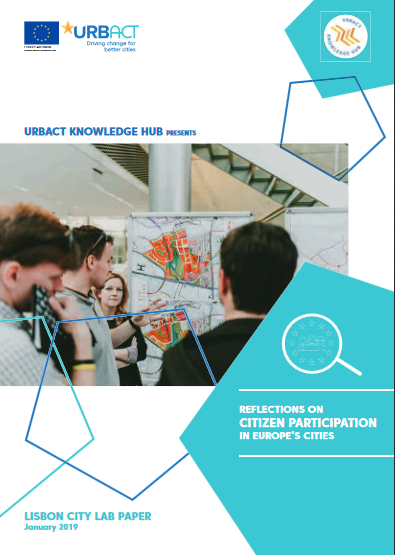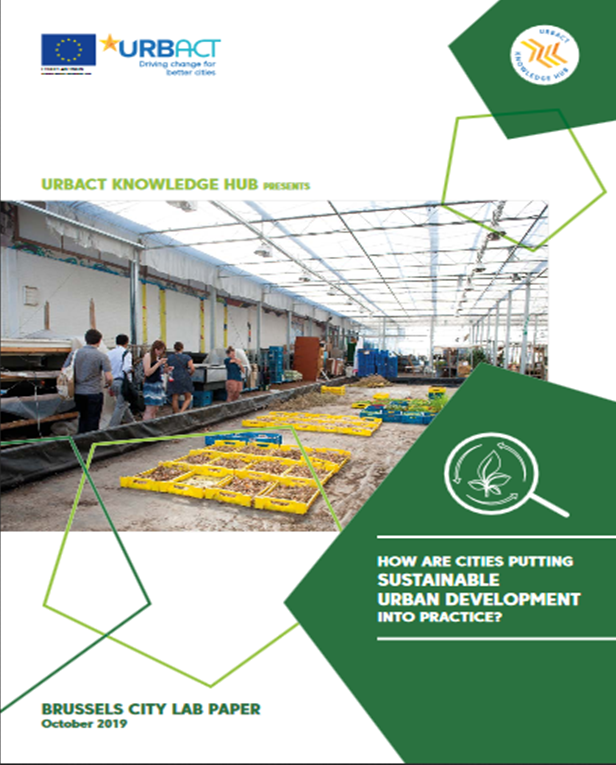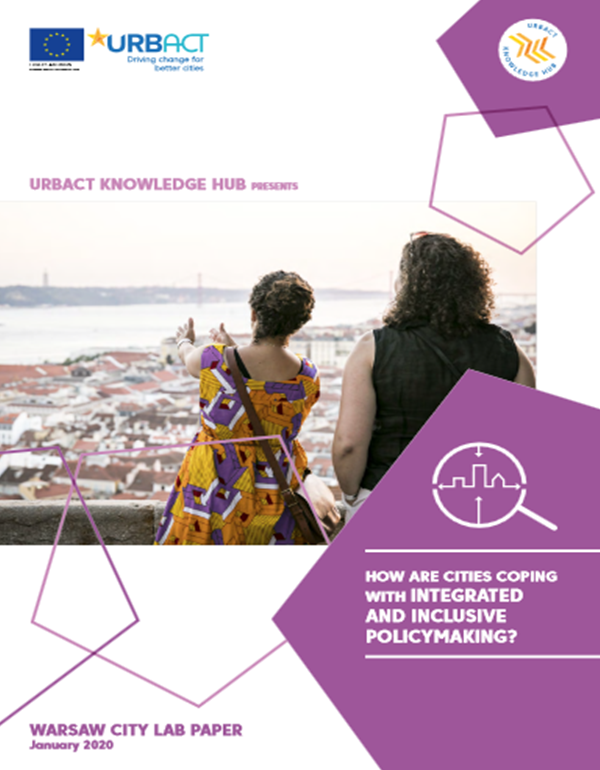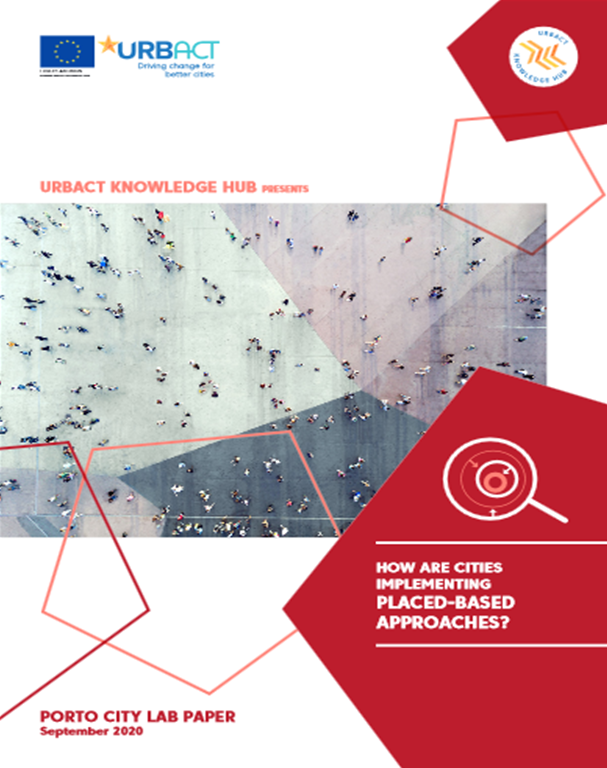Summary
Why it matters?
Climate change has been a political issue for so long, but action seems to have progressed at a snail’s pace. The European Parliament finally declared a ‘climate emergency’ in 2019 and the European Commission’s Green Deal sets a target of carbon neutrality by 2050.
Clear opportunities exist at European level to frame the post-Covid environment to ensure that more adequate responses to the climate emergency are put in motion. The New Leipzig Charter sends a clear message to national and local policymakers on the priorities for an integrated approach for cities.
Through its Knowledge Hub, URBACT is committed to promote existing knowledge and ideas at a time when cities and their inhabitants are, perhaps, more than ever looking for sustainable, community-based solutions. There are already plenty of inspiring models out there to inspire cities, such as Kate Raworth's Doughnut Economy Model downscaled at city-level.
As many as one third of the new URBACT Action Planning Networks (APNs) focus on climate and the environment. Through transnational networking and capacity-building activities, URBACT encourages them to exchange, learn from each other and set ambitious targets to tackle the climate emergency.
Lessons from URBACT City Labs
URBACT City Lab on Sustainability
This report is the second in a series looking at the original principles of the Leipzig Charter >>>>
Document 07 September 2020 3.72 MB
Read more
Article
Nine solutions for more vibrant, productive cities
Article
Nine ways cities can become more just and inclusive
Article








